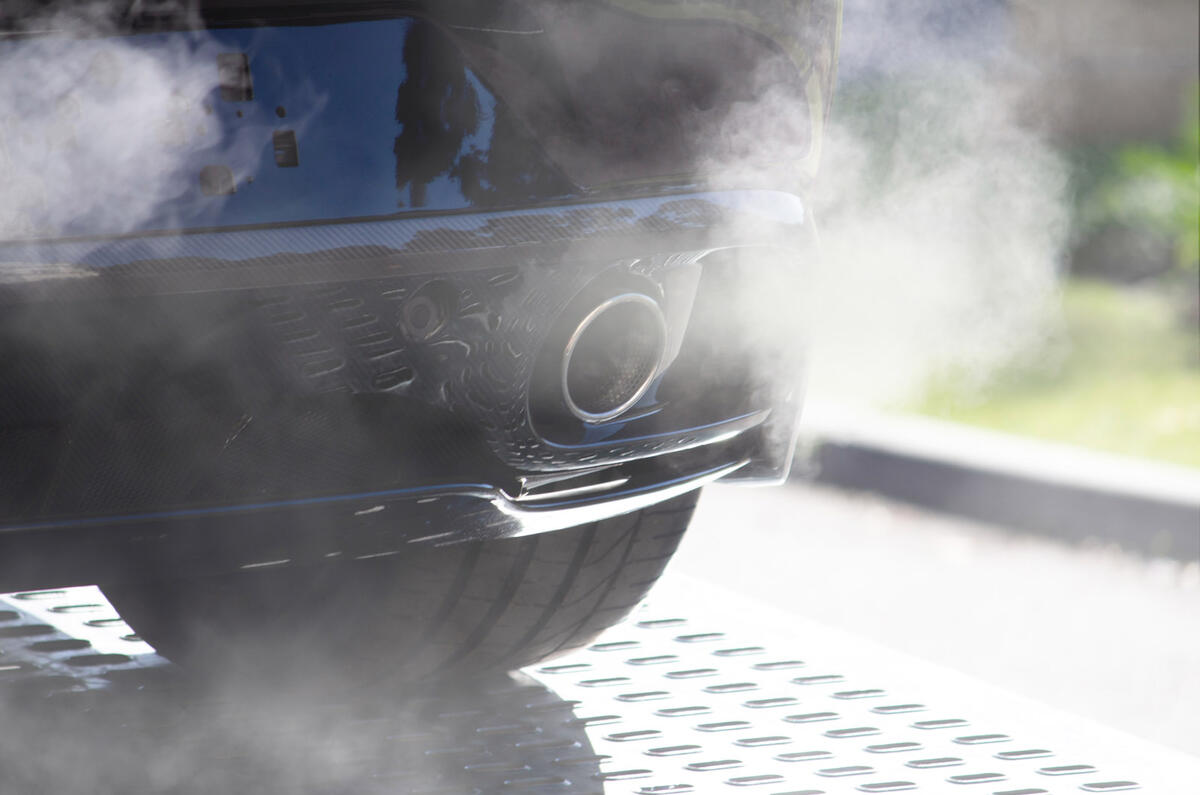Timed specifically to coincide with the fifth anniversary earlier this month of Volkswagen’s Dieselgate shame breaking across global news, a lobby group called Transport & Environment (T&E) released information pertaining to “new cheats” in the industry, with a specific focus on the official mileage claims of plug-in hybrids (PHEVs) versus the real-world reality.
Overall, its commentary was a sometimes contrary assault on an industry and technology that works to criteria sanctioned and set by independent law makers. After all, you don’t often hear of gun makers being held responsible for someone pointing their product at a person rather than a paper target…
Part of T&E’s summary was that PHEVs are not a stepping stone to full electrification, but rather closer in terms of their environmental impact to petrol and diesel cars. It claimed the average official emissions of PHEVs of 44g/km of CO2 were out by a factor of 2.5 as a result of owners not plugging them in or the cars automatically engaging their engines, such as in low temperatures.
All fair points, although hardly a secret – or cheats, given that all of the cars studied meet regulations, albeit ones T&E refers to as flawed. If I drove only 40 miles per day (and many do) in a hotter climate, I could run many a PHEV infinitely with no tailpipe emissions.
It didn’t help that much of the evidence gathered to support these claims was several years old. In the early days, there were anecdotal reports of PHEVs being bought purely for tax reasons and their charging cables never even leaving their cellophane wrappers, but studies by car makers from Mitsubishi to Bentley in recent years suggest that’s rarely the case now.
The fact that T&E has a long track record of bashing the automotive industry might also give you an understanding of the amount of eye-rolling that its research – picked up and amplified by national media outlets – prompted within the industry. Given that T&E’s conclusion was that the UK government shouldn’t consider giving PHEVs a stay of execution beyond the date it chooses to ban the sale of purely combustion-engined cars (set to be 2030, 2032 or 2035), yet its own figures showed them to be cleaner, it’s understandable why.
But let’s also remember that VW’s actions – and those of other car makers who have subsequently agreed pay-off deals – rather undermined the car industry’s right to complain about scrutiny, however one-sided. More crucial is that legislators focus on the facts when they weigh up the best route to their goals.
READ MORE
Dieselgate: Volkswagen loses appeal over UK group action lawsuit
Analysis: 2020 is the year to take emissions targets seriously




Join the debate
Add your comment
The problem with PHEVs is
The problem with PHEVs is that theyre not done correctly - engines should be massiveley downsized and batteries should be larger - Prius sized cars should have 1.2 3 cylinders, not 1.8 4 cylinders, for instance - ICE and electricity should equally share the propulsion, they should not be ICE with a ittle bit of BEV added on.
typos1 wrote:
Then they would be range extenders as opposed to phevs I suppose, but it does make sense for smaller engines to support the EV side. Are the engines larger, like prius' because they use the Atkinson cycle which is more efficient but less powerful?
yes, range extenders
and we know what happened to the i3 and ampera range extenders dont we
Good
Good thing is that people are conscious of their consumer choices now.
Time was when no-one gave a cr*p if your car was built by a company mining rare-earth materials, using slave-labour.
You can't get away with it now, and that's got to be good for all. Polestar are at least tackling the problem with their true-emissions initiative. While at the other end VAG (ironically often held up as the epitome of parsimonious good-taste) are still paying the price. Lucky to survive really.
Talk is cheap
All they need to do now is build a sub 50k bev, like VAG, MINI, Nissan, Telsa, Honda, MG, BMW, Renault, Vauxhall, Peugeot, GM, Mazda
PHEVs are a great stepping
PHEVs are a great stepping stone towards an EV for those who can home charge. In the UK, company car tax structure makes PHEVs very appealing, but if you have one, but dont pay for your own fuel, or dont have easy access to a plug, why would you bother to plug it in?
PHEVs are still too expensive for the general public to choose over a normal hybrid, let alone pure petrol power when new. However once the cars are with their second owners, things will improve. As a second car in a household, a 30 or 40 mile range might mean almost never buying petrol for some people.